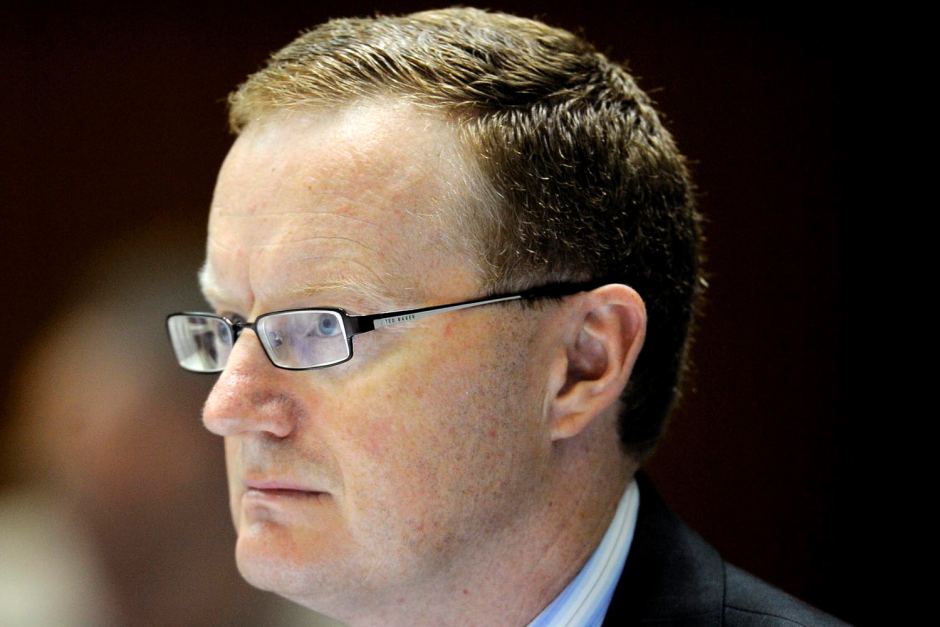Category: Economic Trends / Business, Economics and Finance / Markets / Money and Monetary Policy
RBA boss issues warning over high and rising household debt
Tuesday, 15 Nov 2016 16:21:29 | Thuy Ong

Dr Philip Lowe listens during a House of Representatives economics committee hearing in Canberra in 2010. (AAP: Alan Porritt, file photo)
Reserve Bank governor Philip Lowe has warned high household debt could pose a problem if the global economy takes a turn for the worse.
In a speech titled Buffers and Options, Dr Lowe told the Committee for Economic Development of Australia that the country needs to ensure it has "adequate buffers in place to deal with future shocks wherever they come from".
He reiterated that it is "unlikely to be in the public interest — given projections for the economy — to encourage a noticeable rise in household indebtedness, even if doing so might encourage slightly faster consumption growth in the short term".
The uncertainties centre around the transition of the Chinese economy, the future direction of technology, the political environment both abroad and at home, the impact of high debt levels on future consumer demand, and uncertainty about where global monetary expansion will end.
"Around the world, the experience of recent years has rightly caused banks and their regulators to think again about how large the buffers should be," Dr Lowe said.
"And the answer has been that they should be larger than they were before."
Strengthening 'buffers makes sense in the uncertain world'
Dr Lowe spoke about buffers on the fiscal front, highlighting that Australia was able to weather the GFC relatively unscathed as the Australia Government had the capacity to support the economy through a fiscal expansion.
But, budget deficit and debt levels have moved higher, with net debt expected to peak in 2017/18 at 19.2 per cent of GDP, and a balanced budget not expected until 2020/21, he said.
"Importantly this means that fiscal policy still retains capacity to support the economy in difficult times. But this capacity is less than it once was," Dr Lowe said.
"We have a smaller buffer than we once did and a smaller buffer means fewer options."
In Australia, household debt is equivalent to 185 per cent of annual household disposable income, a record high, and up from around 70 per cent in the early 1990s, according to the Reserve Bank.
Despite the warnings, Dr Lowe said the Reserve Bank remains positive on the Australian economy, anticipating economic growth to remain in line with expectations next year before picking up in 2018.
The RBA said inflation remains low, and expects inflation will return to average levels over the next few years.
"We should also take some comfort that our system retains buffers against future shocks," Dr Lowe concluded.
"Strengthening these buffers makes sense in the uncertain world in which we live."
- About Us
- |
- Terms of Use
- |
-
 RSS
RSS - |
- Privacy Policy
- |
- Contact Us
- |
- Shanghai Call Center: 962288
- |
- Tip-off hotline: 52920043
- 沪ICP证:沪ICP备05050403号-1
- |
- 互联网新闻信息服务许可证:31120180004
- |
- 网络视听许可证:0909346
- |
- 广播电视节目制作许可证:沪字第354号
- |
- 增值电信业务经营许可证:沪B2-20120012
Copyright © 1999- Shanghai Daily. All rights reserved.Preferably viewed with Internet Explorer 8 or newer browsers.




 Send to Kindle
Send to Kindle